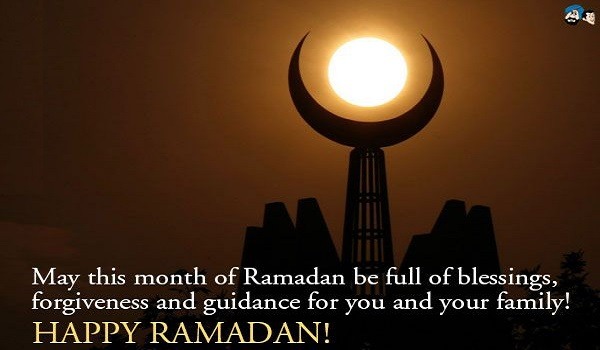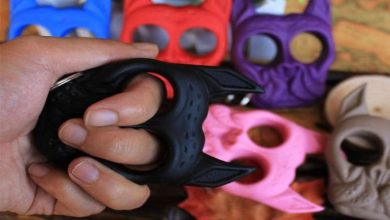
Ramadan is one of the most important months in the Islamic calendar. It is the ninth month of the Islamic lunar calendar and is observed by Muslims all around the world. During this month, Muslims observe a month-long period of fasting, prayer, and reflection.
The month of Ramadan is believed to be the month in which the Quran was revealed to Prophet Muhammad (PBUH). It is a time of spiritual growth and personal reflection for Muslims. During Ramadan, Muslims fast from dawn to sunset, abstaining from food, water, and other physical needs during the day. The fast is broken at sunset with a meal called iftar.
Ramadan is a month of discipline and self-control. Fasting during Ramadan is one of the five pillars of Islam, which are the foundation of the faith. Fasting is a way to purify the soul, strengthen the willpower, and increase one’s awareness of God. It is a time to focus on spiritual growth and to develop a closer relationship with God.
Fasting during Ramadan is not just about abstaining from food and drink; it also involves abstaining from negative thoughts, actions, and emotions. It is a time to focus on self-improvement and to strive to be a better person. Ramadan is a time to increase acts of charity, kindness, and generosity towards others.
The month of Ramadan is also a time for family and community. Muslims gather together for iftar and to perform the taraweeh prayers in the evenings. It is a time for families to come together and strengthen their bonds. It is also a time for communities to come together and support one another.
Ramadan is a time to reflect on the blessings of life. It is a time to appreciate the things that we often take for granted, such as food, water, and shelter. Fasting during Ramadan allows us to experience what it feels like to go without these basic necessities and to develop empathy for those who may be less fortunate.
Ramadan is a time to seek forgiveness and to forgive others. It is a time to let go of grudges and to reconcile with those who we may have had conflicts with. It is a time to focus on peace and harmony within ourselves and with others.
The end of Ramadan is marked by a holiday called Eid al-Fitr. This is a time of celebration, where Muslims gather together to share food, exchange gifts, and celebrate the end of the month-long fast. Eid al-Fitr is a time of joy and gratitude, where Muslims express their thanks to God for the blessings of life.
Conclusion
Ramadan is a month of spiritual growth, personal reflection, and community. It is a time to develop discipline, self-control, and empathy. Fasting during Ramadan is a way to purify the soul and to increase one’s awareness of God. Ramadan is a time to appreciate the blessings of life and to strive to be a better person. It is a time to strengthen family bonds and to support one another within the community. Ramadan is a time of peace, forgiveness, and gratitude. I wish you and your entire family a blessed month of Ramadan!




